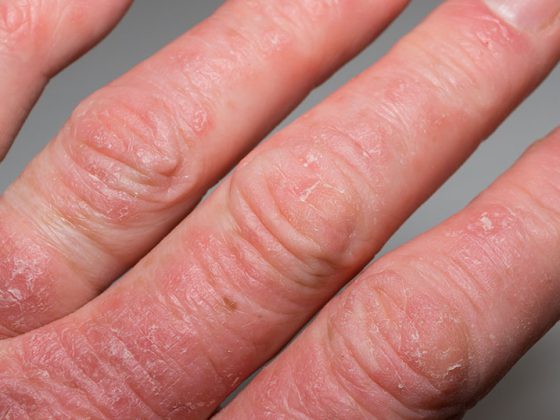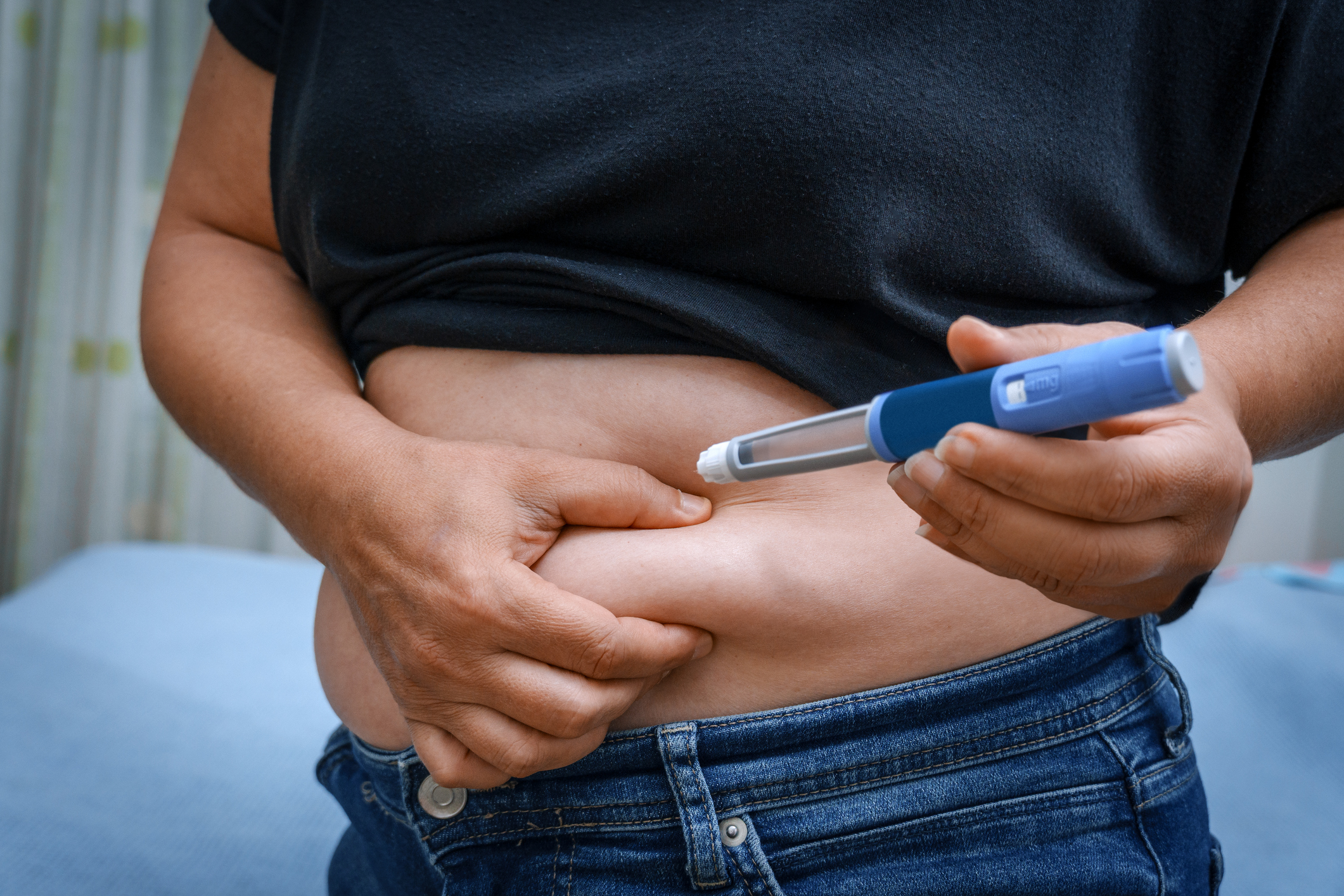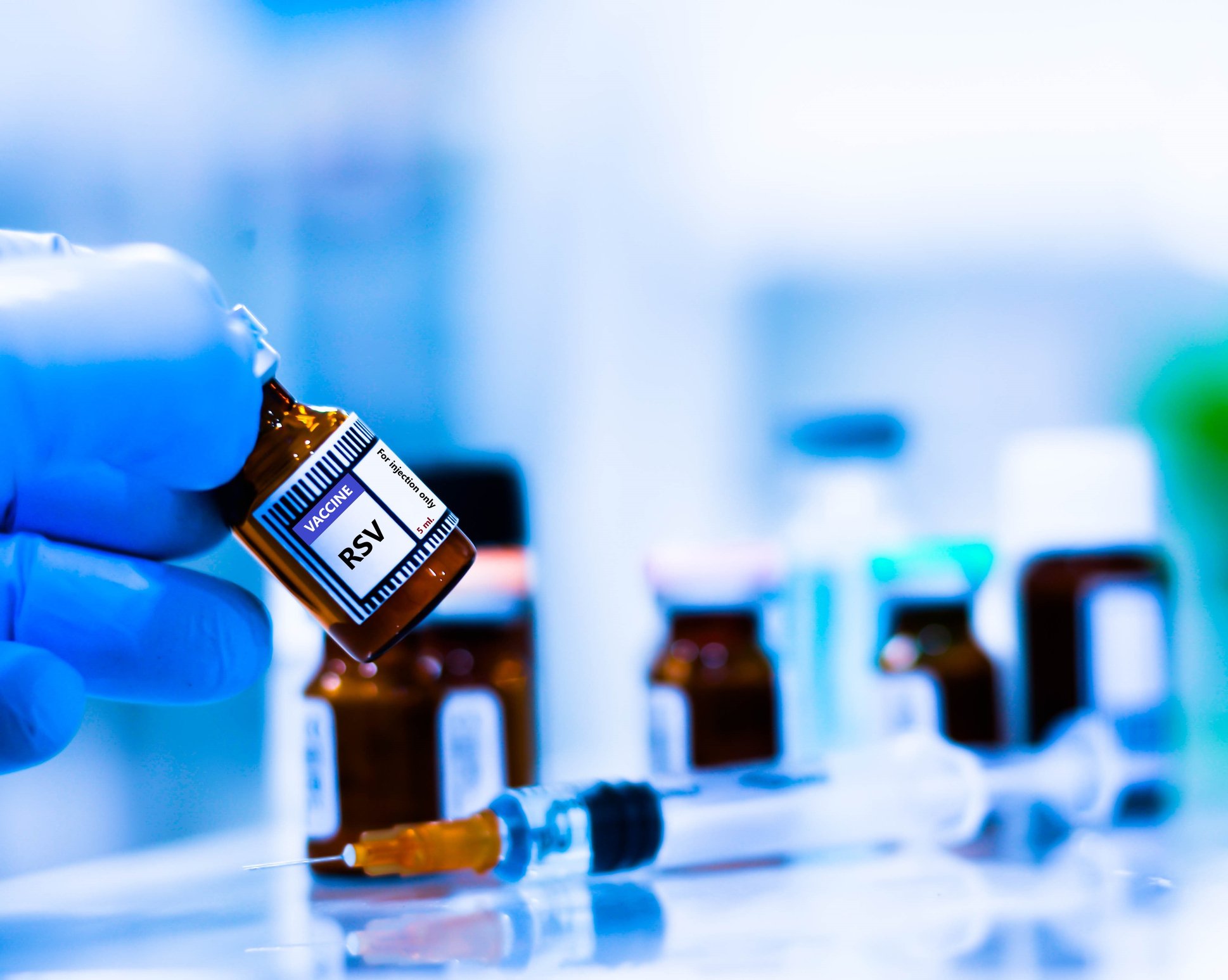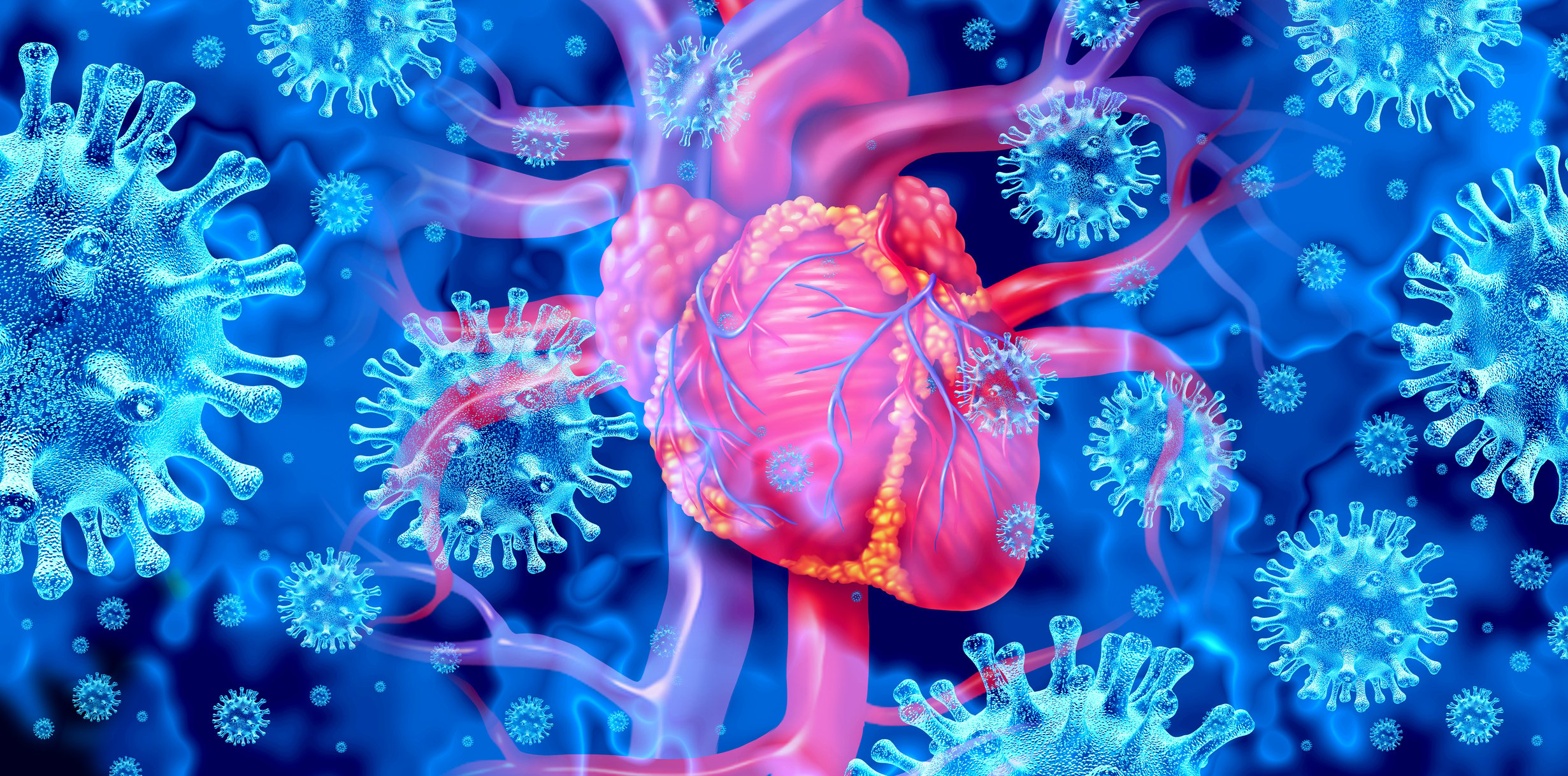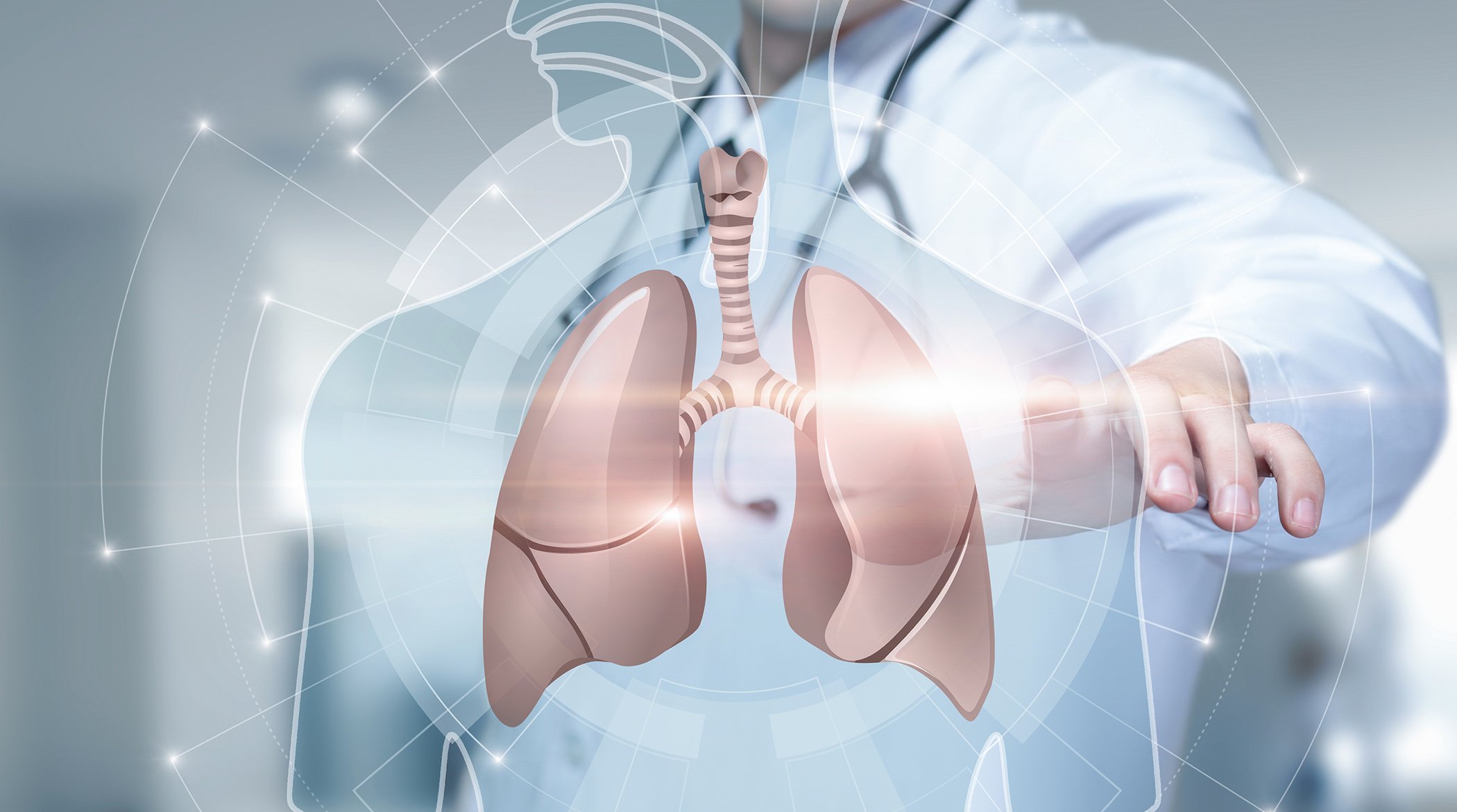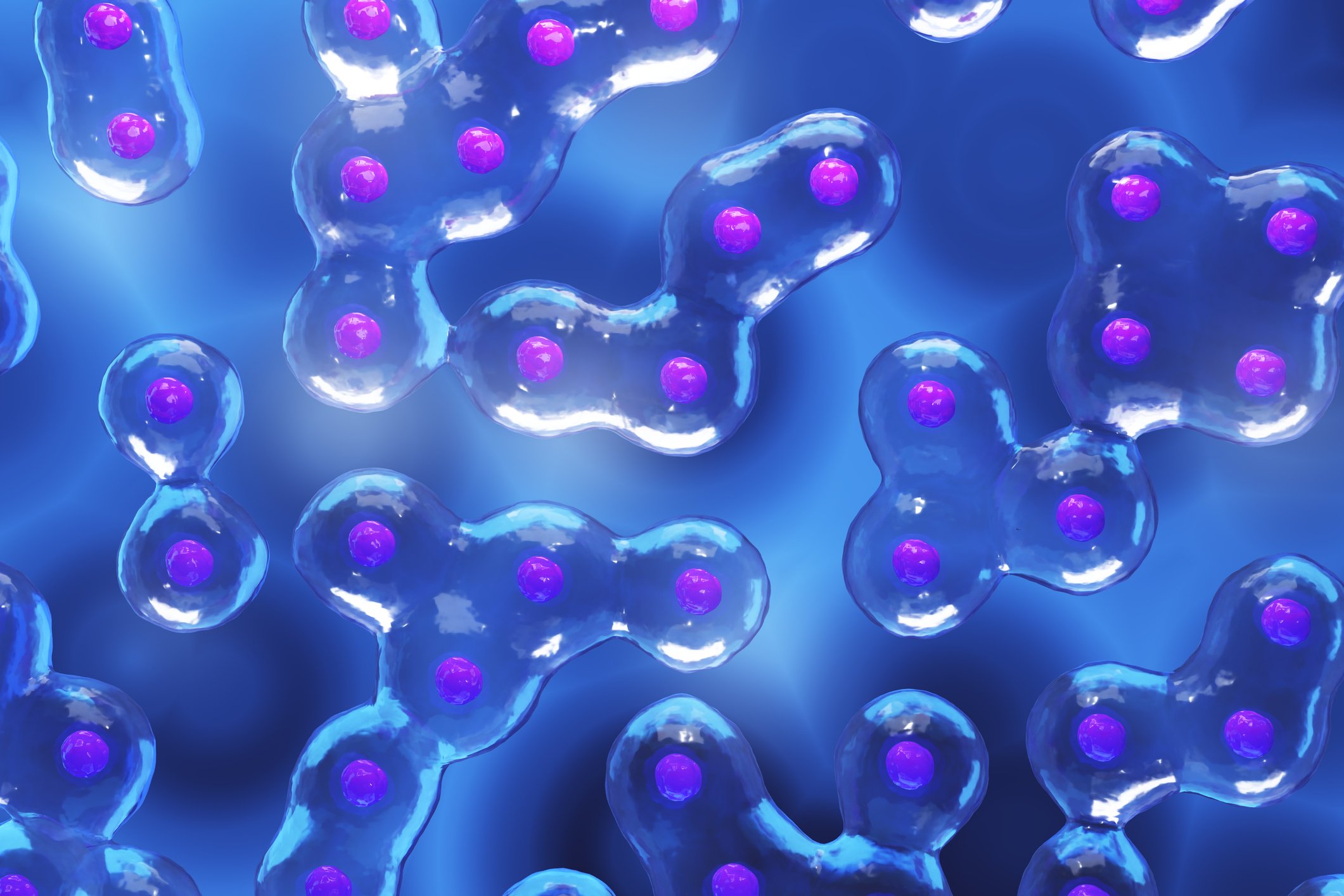Exercise not only trains the muscles, but can also prevent the development of fatty liver. A new study by the German Center for Diabetes Research (DZD), Helmholtz Munich and the University Hospital of Tübingen shows the molecular adaptations that can be observed in this process, particularly in the mitochondria of the liver.
Worldwide, one in four people suffers from non-alcoholic liver disease (NAFLD, also called metabolic liver disease MAFLD). Those affected also often have type 2 diabetes and an increased risk of cirrhosis and cardiovascular disease. In addition, NAFLD is associated with increased mortality. An imbalance of energy intake and consumption is discussed as one cause of the disease. This leads to fat deposition in the liver and, over time, impairs mitochondrial function* – both risk factors for the development of hepatic insulin resistance and liver inflammation.
How sport alters the liver’s adaptation to increased energy intake
To prevent and treat NAFLD, lifestyle modification with increased physical activity is recommended. The extent to which regular exercise alters the liver’s adaptation to increased energy intake and the role of skeletal muscle in this process were investigated by scientists at the Institute of Clinical Chemistry and Pathobiochemistry at the University Hospital of Tübingen and at the Institute of Diabetes Research and Metabolic Diseases at Helmholtz Munich at the University of Tübingen. They collaborated with the Institute of Experimental Genetics (IEG) at Helmholtz Zentrum München, the Leibniz Institute for Analytical Sciences in Dortmund, and the Dalian Institute of Chemical Physics in China.
Exercise can protect against liver fat disease from overeating
In the study conducted by Dr. Miriam Hoene and Dr. Lisa Kappler, mice were fed a high-energy diet. Some of the mice also received regular treadmill training. Following the six-week intervention, the researchers examined the animals’ livers and muscles for changes in genes being read (transcriptome), proteins being made in the mitochondria (mitochondrial proteome), lipid composition and mitochondrial function.
This showed that training in the liver regulated important enzymes of glucose and fructose degradation and mitochondrial pyruvate metabolism. Thus, substrate excess for mitochondrial respiration and lipid synthesis can be reduced. As a result, less fat is stored in the liver – and fewer special lipids such as diacylglycerol. In addition, glucose control improves in the trained mice. In addition, increased respiratory capacity of the skeletal muscles relieves the metabolism in the liver.
The systems biology data provide comprehensive insight into the molecular adaptation of liver and muscle to high-energy diet, exercise, and combinatorial effects. “The results fit very well with approaches of ongoing clinical trials in which inhibitors against some of the targets found here, such as the mitochondrial pyruvate transporter, are being tested,” says DZD scientist Prof. Dr. Cora Weigert. “They also show how regular physical activity causes many, small changes to take place simultaneously at central switching points in the metabolism, which cannot be achieved by monotherapy,” the head of the study and Professor of Molecular Diabetology at the University Hospital of Tübingen continues.
*Mitochondria
The task of mitochondria is to make energy available to the cell. This occurs through cellular respiration. This is a metabolic process in which energy stored in glucose and other organic substances is obtained by breaking the chemical bond. During this process, adenosine triphosphate, or ATP for short, is obtained. This is the most important energy molecule in the body. Mitochondria are therefore also considered power plants of the cell.
Original publication:
Hoene, M. et al: Exercise prevents fatty liver by modifying the compensatory response of mitochondrial metabolism to excess substrate availability. Molecular Metabolism; DOI:
https://doi.org/10.1016/j.molmet.2021.101359


